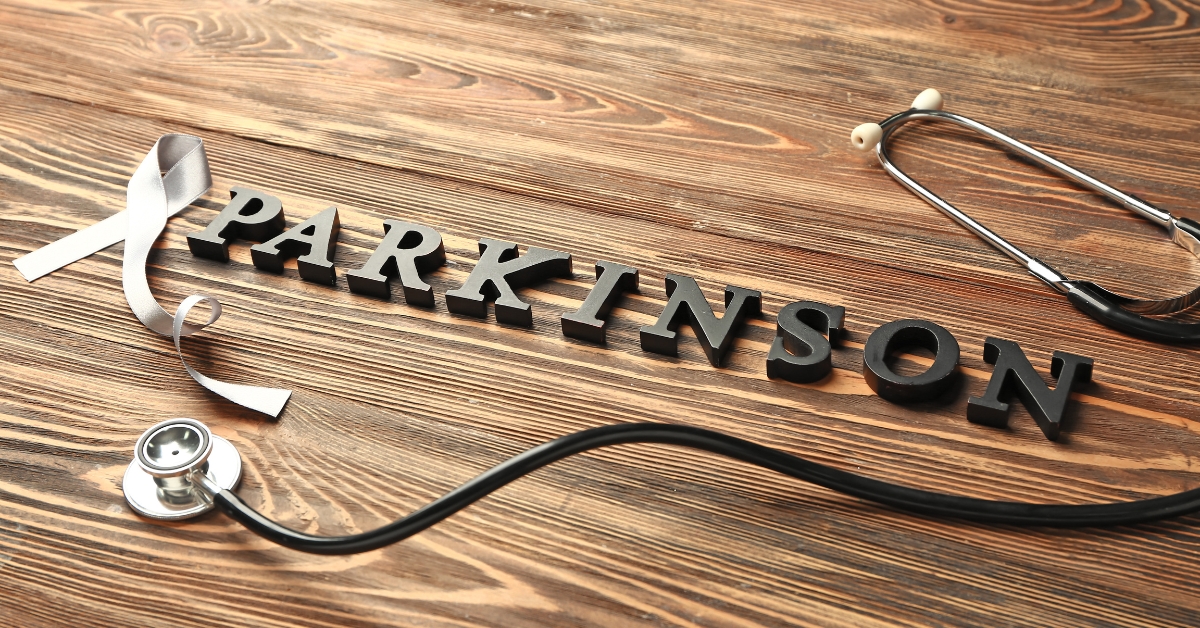Best Parkinson's Disease Treatment in Pune - ALIV
July 10 2024


Introduction to Best Parkinson's Disease Treatment
Facing neurodegenerative diseases can feel like a dimming light. India is home to nearly 0.58 million persons living with Parkinson’s Disease as estimated in 2016. Despite the large number of people affected with PD, insights into the underlying genetic and environmental risk factors specific to the Indian population are limited. The Annual Median Direct cost of care is INR 27,315.0. Which increases with age and progression of the disease.
Read More About Source
Let's Understand Parkinson’s Disease
Let's explore Parkinson's disease: Its definition, causes, risk factors, and available treatments. This progressive neurological disorder affects movement and can be managed through various medical and therapeutic interventions.
What Is Parkinson’s Disease?
Parkinson's disease is a progressive neurological disorder that affects the nervous system and the body parts it controls. Symptoms typically begin gradually, often starting with a slight tremor in one hand.
While tremors are a common sign, the condition can also lead to stiffness and a slowdown in movement. In the initial stages, you might notice less facial expressiveness and a lack of arm movement while walking.
Speech may also become softer or begin to slur. As Parkinson's disease advances, these symptoms often intensify. While there is no cure for Parkinson's disease, various medications can substantially alleviate symptoms. In some cases, healthcare professionals may recommend surgery to manage specific areas of the brain and enhance symptom control.
Causes of Parkinson’s Disease
Parkinson's disease is marked by the gradual loss of brain neurons, particularly those that produce the neurotransmitter dopamine, leading to movement difficulties and other symptoms. The exact causes are unclear but involve a mix of genetic predispositions and environmental factors. Key genetic mutations are rare and usually found in families with multiple cases of Parkinson's.
Environmental exposure to certain toxins might slightly increase the risk. Researchers have discovered significant brain changes in Parkinson's patients, including Lewy bodies—clusters of substances within brain cells, predominantly composed of a protein called alpha-synuclein. This protein accumulates in a form that cells can't eliminate and is a major focus of research, as its presence in spinal fluid is linked to the development of Parkinson's.
Risk Factors of Parkinson’s Disease
Age: Parkinson's disease typically manifests in middle to late adulthood, with the risk escalating as one ages. Most people are diagnosed at 60 or older. For younger individuals with Parkinson's, genetic counselling can be crucial for family planning and addressing unique challenges related to work, social interactions, and medication effects.
- Heredity: Having a family history of Parkinson's disease can increase your likelihood of developing the condition, although the risk remains relatively low unless multiple family members are affected.
- Gender: Men are more frequently diagnosed with Parkinson's disease than women.
- Environmental Exposure: Regular contact with certain herbicides and pesticides may slightly raise the risk of developing Parkinson's disease.
Different Types of Parkinson's Disease Treatments
While Parkinson’s disease remains incurable, there are various treatments available to alleviate many of its symptoms.
Medications for Parkinson’s Disease:
Medications enhance dopamine levels and affect other brain chemicals to manage symptoms. Levodopa, often combined with carbidopa, replenishes brain dopamine, reducing side effects and enhancing efficacy. Additional treatments include dopamine agonists, enzyme inhibitors like MAO-B and COMT inhibitors, amantadine for involuntary movements, and anticholinergics for tremors and rigidity.
Stem Cell Therapies:
Stem cell therapies focus on restoring damaged neurons and promoting neural regeneration, offering potential to slow progression and improve symptoms of Parkinson’s.
Deep Brain Stimulation:
For those unresponsive to medications, deep brain stimulation involves implanting electrodes in the brain linked to a chest device. This setup stimulates brain areas controlling movement, significantly reducing symptoms such as tremors and rigidity.
Additional Therapies:
Complementary therapies include physical, occupational, and speech therapies to assist with movement and cognitive decline. A healthy diet, regular exercise, massage therapy, and practices like yoga and tai chi enhance muscle strength, flexibility, and overall well-being.
These treatments collectively aim to improve the quality of life and maintain independence for those living with Parkinson’s disease.
The Most Effective Parkinson's Disease Treatment in Pune
ALIV’s Autologous Cell Therapies (ACT) are at the forefront of advancing treatment for neurological conditions such as Parkinson's disease. By promoting neural regeneration and protecting nerve cells, ACT therapies offer a promising avenue for not only preserving but potentially enhancing cognitive and motor functions.
Key benefits of ACT therapy for Parkinson's disease include:
- Delay in Disease Progression: Slowing the advancement of Parkinson's, allowing for prolonged maintenance of motor and cognitive skills.
- Enhanced Neurological Function: Improvement in overall brain function, leading to better quality of life.
- Improved Sensory and Motor Functions: Enhanced control and coordination, which help in daily activities and reduce the physical limitations imposed by Parkinson's.
- Boosted Cognisance and Speech: Sharper mental processing and clearer speech, aiding in communication and personal expression.
ALIV’s ACT therapy represents a significant hope for individuals with Parkinson's disease, aiming to restore not just function but also the quality of cherished daily experiences.
Why ALIV is the best choice for Parkinson’s Disease Treatment in Pune
ALIV stands out as the premier choice for Autologous Cell Therapy (ACT) for Parkinson's disease, backed by an expert medical founding team committed to the highest standards of care.
Each treatment at ALIV is uniquely tailored to the individual, a personalized approach that has earned widespread acclaim from our clients. By integrating world-class ingredients with innovative therapies, ALIV adheres to global standards and embraces a visionary approach to wellness.
Furthermore, our commitment to transparency builds deep trust with our clients, as we maintain openness about our therapies and the outcomes we achieve. This comprehensive dedication to excellence and client satisfaction makes ALIV a leader in advancing treatment for neurological conditions.
Conclusion:
At ALIV, we lead in delivering advanced Parkinson’s disease treatments in Pune through our commitment to Autologous Cell Therapies(ACT).
Our approach combines cutting-edge medical innovations with personalized care, enhancing both symptom management and quality of life. ALIV stands out by ensuring transparent and tailored healthcare solutions, making us the preferred choice for those seeking effective, compassionate treatment.
Trust ALIV to guide you towards a better, more fulfilling health journey with our expert care and groundbreaking therapies.